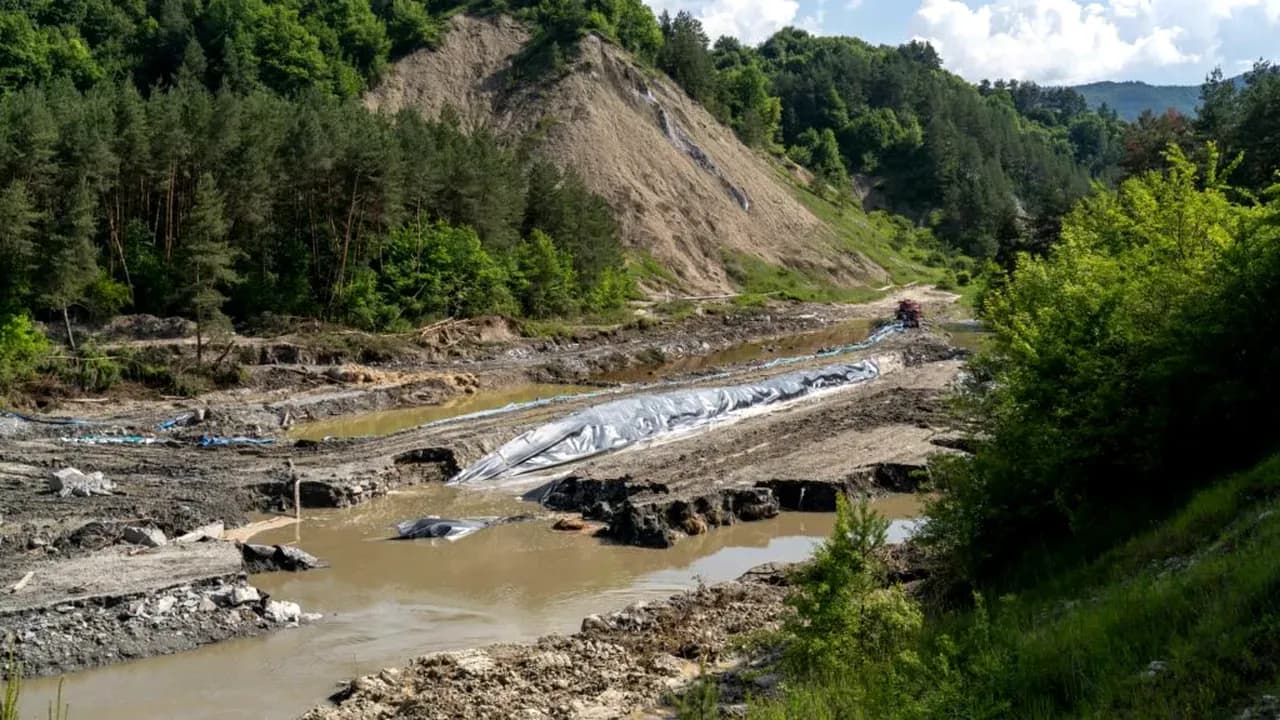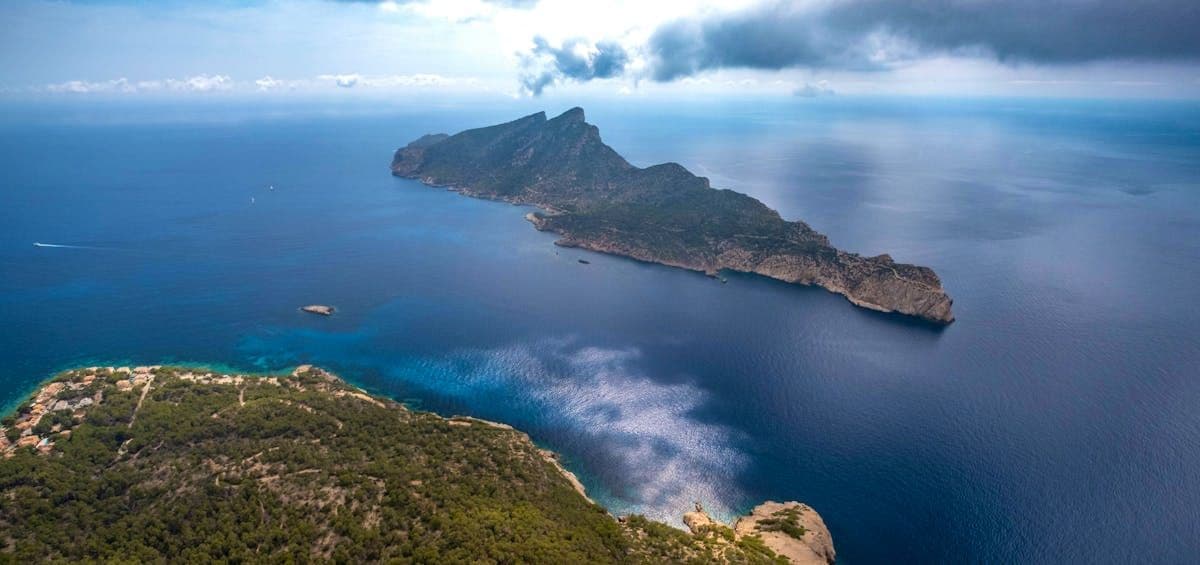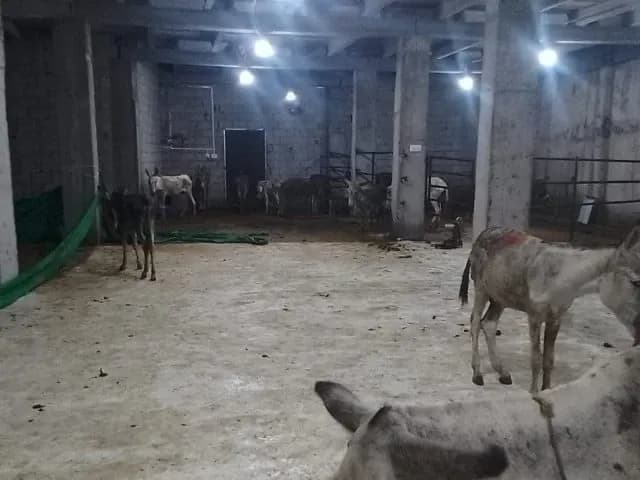Scales of Contention: The Unsettling Demise of a Jordan Valley Crocodile Farm
Explore the controversial culling of crocodiles at a Jordan Valley farm. Unpack the clash of public safety, animal welfare, and private rights in a complex saga.
A Sudden Silence: The Day the Crocodiles Vanished
The tranquil, if stark, landscape of the was shattered on August 4, 2025, by a grim operation that brought a sudden, unsettling silence to the Phatza'el crocodile farm. Personnel from and the descended upon the settlement, embarking on a systematic culling of all Nile crocodiles housed within the facility. This drastic measure, authorities asserted, was an "essential step" taken to eliminate a perceived threat to public safety. Yet, the farm's owner, , immediately countered with accusations of an "illegal act," carried out without his consent or consultation. He vehemently argued that the culling violated international conventions protecting these very animals, turning a private enterprise into a scene of contentious destruction. The discrepancy in the reported numbers alone speaks volumes about the confusion and conflict: Beitan claimed 800 crocodiles were euthanized, while official sources stated 262, attributing the loss of the remaining animals to dire conditions at the farm preceding the intervention. This stark divergence of facts laid the groundwork for a deeply polarizing debate, marking a tragic end for the reptiles and igniting a firestorm of questions over governance, animal welfare, and property rights in the desert.
Roots and Reptiles: The Rise and Uncertain Reign of Phatza'el Farm
While the precise origins of the Phatza'el crocodile farm remain somewhat obscure in the immediate aftermath of its dramatic closure, its very existence in the arid hinted at an ambitious, if inherently challenging, venture. One can imagine the initial vision: perhaps a unique tourist attraction, an exotic animal enterprise, or even a commercial endeavor for crocodile products, bringing a touch of the wild Nile to the heart of a desert settlement. However, the operation's "uncertain reign" was, by its nature, fraught with complexities. Maintaining a large population of Nile crocodiles, apex predators requiring specific environmental conditions, in an artificial desert habitat, demands immense resources, meticulous care, and robust infrastructure. The authorities' post-culling assertion that many crocodiles had already perished due to "harsh conditions" before their intervention paints a concerning picture. It suggests a facility struggling with sustainability, potentially facing neglect or financial hardship, which could erode the very safety measures designed to prevent escapes. The farm’s journey, from its inception to this abrupt end, likely reflects a broader narrative of the difficulties inherent in exotic animal husbandry when faced with economic realities and the stringent demands of animal welfare.
Divided by the Desert: Unpacking the Conflicting Claims
The tragic events at Phatza'el laid bare a profound ideological chasm, dividing stakeholders along lines of public safety, animal welfare, and private property. On one side stood the and the , who framed their intervention as a non-negotiable imperative to protect the public. Their narrative likely centered on the inherent danger posed by a large collection of powerful, non-native predators, especially given the alleged "harsh conditions" that could compromise enclosures and lead to escapes into an inhabited area. Such a scenario, they would argue, presents an unacceptable risk, necessitating swift and decisive action. Countering this, owner articulated a fierce defense of his property rights and the welfare of his animals. His claim of an "illegal act" without coordination speaks to a perceived lack of due process and an infringement on his livelihood. Furthermore, his assertion that Nile crocodiles are protected under international conventions adds an ethical and legal layer, questioning whether culling was the only, or indeed the most humane, option available. The numerical discrepancy—800 animals versus 262—only deepened the conflict, casting a shadow of doubt over the transparency and necessity of the operation, fueling a contentious debate over who holds ultimate authority when unique businesses intersect with public good.
Beyond the Cull: Lessons for Wildlife and Wilderness Stewardship
The Phatza'el incident serves as a stark, albeit painful, case study, offering critical lessons for wildlife management and human-animal coexistence, particularly in sensitive or contested regions. It underscores the vital need for robust, proactive regulatory frameworks governing exotic animal facilities, ensuring that commercial interests never supersede public safety or animal welfare standards. Rather than reacting to crises, authorities and operators must collaborate on clear protocols for animal care, containment, and emergency response, including viable alternatives to culling, such as relocation or rehoming, when feasible. Moreover, this event prompts a broader reflection on the ethical implications of commercializing wild animals, especially species not native to the local ecosystem. What responsibilities do we bear for creatures brought into captivity, and how do we balance entrepreneurial spirit with the inherent risks and welfare needs of such magnificent beings? Ultimately, the silence that now hangs over the Phatza'el farm should resonate as a call for more comprehensive, compassionate, and transparent stewardship of all life, reminding us that true progress lies in preventing such dire choices from ever becoming necessary.
Related Articles

Wild Hearts, Confined Spaces: The Complexities of Conserving Apex Predators

Wild Hearts, Confined Spaces: The Complexities of Conserving Apex Predators

Praid's Fading Light: Unearthing the Crisis at Romania's Beloved Salt Mine

Praid's Fading Light: Unearthing the Crisis at Romania's Beloved Salt Mine

The Serpent's Shadow: Unmasking Mallorca's Quiet Ecological Crisis

The Serpent's Shadow: Unmasking Mallorca's Quiet Ecological Crisis

The Farmhouse Files: Unraveling Islamabad's Disturbing Illicit Meat Network
